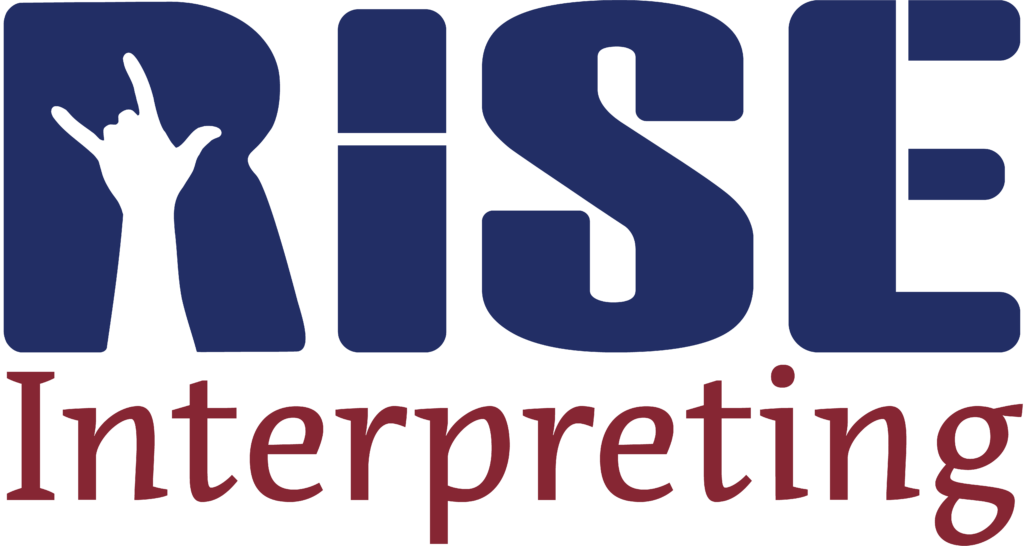As with any job, some industry professionals are better than others, and the same holds true for interpreters. A variety of factors contribute to reaching a high-standard in both quality and proficiency in ASL interpreting including exposure, experience, and overall skill.
With the current communication barrier in crisis due to the COVID-19 pandemic, and a general lack of ASL interpreters, it’s more important than ever for businesses to provide talented American Sign Language Interpreters to members of the Deaf community.
Here are six essential factors to consider before choosing your ASL interpreter.
1. Exposure to ASL
Not everyone is fluent in ASL when they look to start interpreting. However, some interpreters may have picked it up from a young age if they had to learn to communicate and sign with Deaf family members or friends. Thanks to this, these interpreters have a better and more in-depth understanding of the language than those who learn ASL later in life.
For interpreters who have already had this exposure, working on their sign language skills in a more formal environment is the next step. Still, their already existing engagement with the Deaf community means that they have an advantage over their peers who have never had any exposure at all, resulting in better interpreters.
2. Training
Everyone deserves a qualified interpreter who has the skills to provide high-quality interpretation. The foundation for this comes from standardized education, which trains individuals to a high standard within the industry. While dozens of programs and academies currently offer to teach ASL to those looking into a career in interpreting, as with all education, some schools are better than others.
An interpreter that has graduated from a respected and recognized school that provides rigorous, extensive, and demanding training, alongside tough certification requirements, will likely be more skilled than someone who took a quick course at a non-specialist academy.
3. Company Expectations
Following on from schools, just as some are better than others, the same is true for interpreting companies. To find the best interpreters, it is always important to take the time to do some thorough research into interpreting companies first.
This will help ensure that you partner with a reputable company with high recruitment requirements, who hire only the best interpreters, and have high expectations for its employees.
4. Experience
Since 4% of the United States population is part of the Deaf community, there is a distinct shortage of interpreters, and demand is rising. ASL interpreters can find work in a wide range of industry sectors, including medical, education, corporate and legal settings. Interpreters are currently needed in hospitals and courts in particular, both essential areas where communication gaps can lead to enormous consequences.
While it can be beneficial to choose an interpreter specializing in one area (depending on your needs), no matter how good an interpreter is within a medical setting, you wouldn’t choose them for an educational environment due to lack of experience.
If you are not looking for a particular specialist, then a well-rounded professional who has overall experience and training in a multitude of areas would make the better candidate. Experience can, therefore, make the crucial difference between an exceptional interpreter and a mediocre one.
5. Passion
Put simply, an interpreter who is passionate about communication will naturally be better than one who isn’t. Motivated ASL interpreters have a love for the language and how it can be used to better people’s lives and form meaningful connections.
While skills are always of paramount importance, passion is necessary to be great at the job due to the time and effort it takes to understand each side of the conversation. Not only this, but an understanding in communication styles is also vital to encapsulate the entire message so that it can be truthfully conveyed.
The best interpreters tend to be energetic and enjoy meeting new people, listening to others, and communicating what they have to say.
6. An Understanding of the Culture
As with any language, to be successfully proficient, the language’s culture also goes hand in hand when learning how to communicate. Therefore, it is also especially important for an ASL interpreter to understand Deaf culture to be effective.
A cultural understanding of the Deaf community is as crucial as the literal interpretation, including the ability to identify particular customs or non-verbal cues specific to either a geographical place or a group of people. This cultural grasp on the norms of various diverse groups and people will help the interpreter be more skilled, enabling them to better convey what an individual is trying to say.


